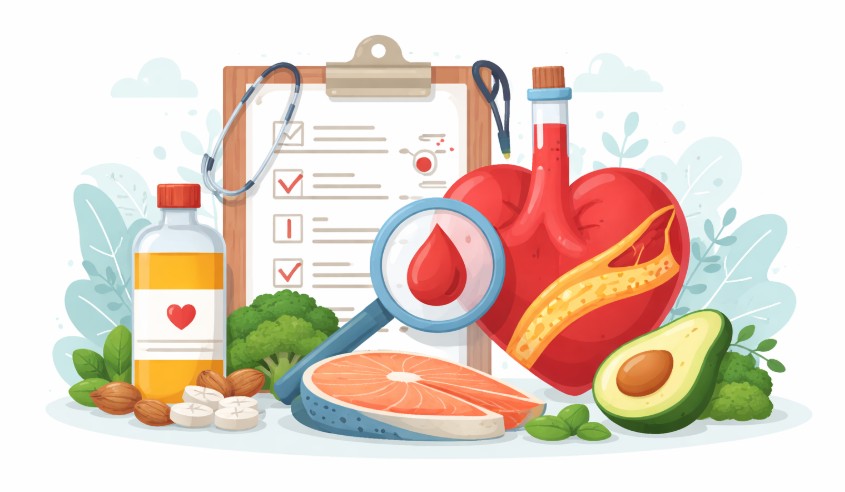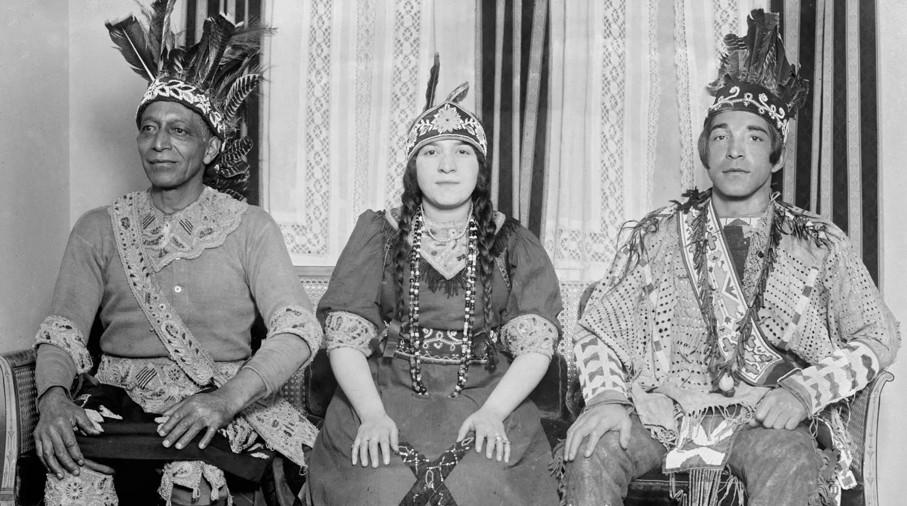
Few mythologies have captivated the human imagination as profoundly and persistently as that of ancient Greece. At its heart lies a vibrant, complex pantheon of gods and goddesses, beings of immense power, immortal life, and strikingly human flaws. Dwelling atop Mount Olympus, these deities weren’t distant, abstract forces, but active participants in the lives of mortals, weaving a rich tapestry of drama, love, war, and revenge that continues to resonate today.
The Olympian Hierarchy: Power and Personalities
At the apex of this divine hierarchy sat Zeus, the King of the Gods, wielder of the thunderbolt, whose reign was marked by tumultuous affairs and a relentless struggle to maintain order among his often-quarrelsome siblings and children. Beside him, often simmering with righteous wrath, was his queen, Hera, the goddess of marriage and childbirth, known for her fierce jealousy and vengeful nature towards Zeus’s many paramours.
The core twelve Olympians, though the list sometimes varied, formed the most prominent figures:
- Poseidon: Brother to Zeus, lord of the seas, earthquakes, and horses, prone to violent temper tantrums that churned the oceans.
- Hades: Another brother, ruler of the Underworld, a shadowy realm of the dead. He was often depicted as grim and unyielding, though not necessarily evil.
- Athena: Daughter of Zeus, goddess of wisdom, strategic warfare, and crafts, born fully formed from her father’s head.
- Apollo: God of music, poetry, light, healing, and archery – a radiant and often enigmatic figure.
- Artemis: Twin sister of Apollo, goddess of the hunt, wilderness, wild animals, and the moon, a fierce and independent virgin goddess.
- Ares: The brutal god of war, representing the wild, untamed aspects of battle.
- Aphrodite: Goddess of love, beauty, pleasure, and procreation, said to have been born from the sea foam.
- Hermes: The swift messenger of the gods, trickster, and patron of travelers, merchants, and thieves.
- Hephaestus: The lame god of smiths, metalworking, fire, and craftsmanship, highly skilled but often depicted as an outcast.
- Demeter: Goddess of agriculture, fertility, and the harvest, whose sorrow over her daughter Persephone’s abduction explained the seasons.
- Dionysus: God of wine, revelry, madness, and ecstasy – a later addition to the Olympians, replacing Hestia in some accounts.
Beyond the Olympians, the Greek cosmos was populated by a vast array of other deities: primordial gods like Chaos and Gaia (Earth), the earlier generation of powerful Titans whom Zeus overthrew, minor gods of nature (nymphs, satyrs), and personifications of abstract concepts like Victory (Nike) and Justice (Themis).
Gods with Human Hearts (and Flaws)
What truly sets the Greek gods apart is their striking resemblance to humanity. Unlike the omniscient, morally perfect deities of some other religions, the Olympians were deeply flawed. They were consumed by jealousy, lust, anger, pride, and petty rivalries. They cheated, lied, waged war, seduced mortals, and exacted terrible revenge. These very imperfections made them relatable and their stories endlessly dramatic. Their myths were not always about morality in the human sense, but often about power dynamics, the consequences of actions, and the unpredictable nature of fate.
The Fabric of Myth and Culture
The stories of the Greek gods served multiple purposes for the ancients. They explained natural phenomena (Poseidon’s temper causing earthquakes), provided justification for social customs, offered cautionary tales, and instilled a sense of awe and fear. They were integral to religious rituals, athletic games (like the Olympics, dedicated to Zeus), and the very fabric of daily life.
Today, the legacy of the Greek gods is ubiquitous. Their names grace planets (Mars, Jupiter, Neptune), constellations, and brand names. Their tales are retold in countless books, movies, video games, and television series. Phrases like “Achilles’ heel,” “Herculean task,” “Midas touch,” and “Narcissistic” are ingrained in our language. Artists throughout history, from the sculptors of antiquity to Renaissance painters and modern filmmakers, have drawn endless inspiration from their rich narratives and archetypal characters.
The Greek gods, with their blend of divine power and human frailty, continue to offer profound insights into the human condition, the mysteries of the universe, and the enduring power of storytelling. They are not merely relics of a bygone era, but immortal figures whose dramas and dilemmas persist in the collective consciousness, echoing through the corridors of eternity.







